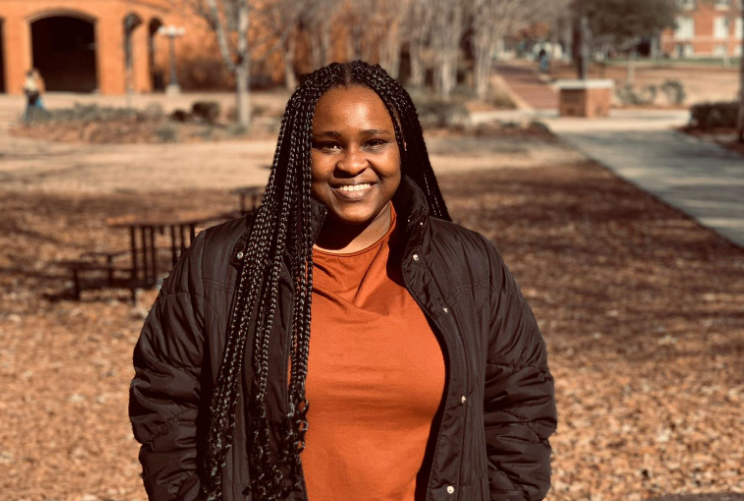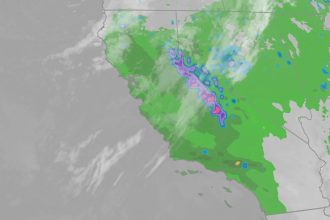A Nigerian and PhD student in Applied Mathematics at Mississippi State University, Deborah Okoli, has built an easy-to-understand machine learning system for online markets.
In an interview with The PUNCH on Tuesday, she said her research focused on helping businesses and policymakers make smarter, data-driven choices in the fast-paced world of e-commerce.
“My goal is simple, to build machine learning models that leaders can question and trust, models that don’t just give answers, but explain how they got there,” she said.
Okoli’s work centres on what she calls lag-aware machine learning, a method that doesn’t just ask what drives online market growth, but when.
She said her research examines economic drivers such as labour productivity, R&D, sales, employment, and capital investment.
According to her, rather than relying on black-box algorithms, she designs time-shifted features and applies models that explain both the strength and timing of each factor’s influence.
She said, “I work with a range of models, from regularised regressions to tree-based algorithms.
“Then I apply explainability tools like feature attribution and partial dependence plots.
“These techniques reveal how each variable influences the forecast and whether that impact is immediate or delayed.”
She added that before she shared any result, every model was rigorously tested.
“I use rolling-window cross-validation to simulate real-world conditions, stability checks across time lags, and residual diagnostics to make sure the models are not missing patterns,” she explained.
Her results, she said, were also compared with traditional economic baselines.
“This is important to confirm that the machine learning is actually adding value and not just giving us numbers,” she added.
The final outcome, according to her, is a clear forecast with an estimated confidence range and a simple interpretation.
Okoli maintained that “For example, a spike in productivity might mean increased online sales in the next quarter, while the effects of R&D spending may unfold more gradually. These insights empower businesses to plan inventory, adjust logistics, and make proactive digital strategy decisions.”
She also stressed that her work was built on openness.
She explained, “Forecasts should come with seatbelts. If the outcome could change drastically due to one new data point, decision-makers need to know that up front.”
Okoli, who was born and raised in Nigeria, graduated with First-Class Honours in Industrial Mathematics from Covenant University, Ogun State, where she was the overall best student in her department.
She began her graduate studies in Applied Mathematics at Tennessee Tech University before transferring to Mississippi State University, where she is currently pursuing her PhD.
She also holds a Master’s in Education Research from the University of Hull, United Kingdom.
At Mississippi State, she works under the mentorship of Professor Kim Seongjai from the Department of Mathematical Sciences and Professor Jason Shin from the College of Business, developing reproducible and adaptable forecasting templates that organisations can tailor to their own economic data.
Looking ahead, Okoli said she hopes to broaden the reach of her research.
“I want to create plain-language forecasting tools for non-technical users, develop AI templates that small businesses and agencies can adopt, and push for open collaborations that raise standards for clarity and accountability in machine learning.
“As e-commerce continues to grow, it’s not enough to predict demand; we need to understand it. When machine learning becomes easy to understand, it becomes trustworthy. And when it’s trustworthy, it becomes useful,” Okoli said.









